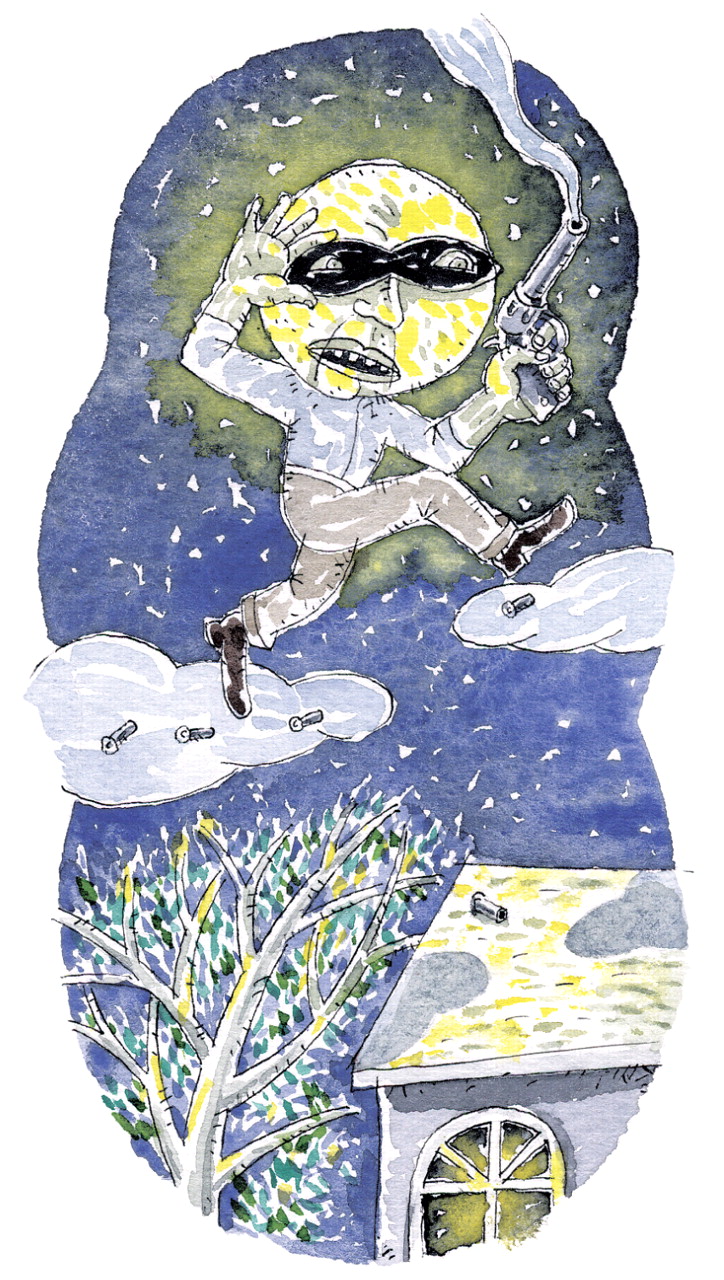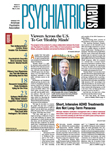The derivation of such outdated terms as “lunatic” reflects the centuries-old common belief that the moon (luna in Latin) can affect people's psyches and behaviors in deleterious ways.
But can it?
Anecdotal reports suggest so. For example, some clinicians have observed that, at the time of the full moon, hospital emergency rooms are busier than usual and patients in mental hospitals become agitated.
Some studies likewise suggest an association between the full moon and pernicious behavior. For instance, a study reported in the July 1972 American Journal of Psychiatry found that some 2,000 homicides committed in Dade County, Fla., over a 15-year period peaked at the time of the full moon. The link was statistically significant. The study also found that homicides committed in Cuyahoga County, Ohio, over a 13-year period peaked at the time of the full moon, but this link did not quite reach statistical significance. As for suicides and the full moon, some studies have found a link.
Now Teresa Biermann, M.D., a psychiatrist affiliated with the University Hospital of Erlangen in Germany, and colleagues have taken a fresh look at the ancient belief that the moon can affect people's psyches and behaviors in harmful ways. They attempted to see whether they could find a link between serious violent crimes in their area of Germany (Middle Franconia in Bavaria) and various phases of the moon. The study included 23,000 serious violent crimes committed in this area over seven years (from 1999 to 2005) and recorded by the police department.
The researchers could find no statistically significant link between any of the moon's phases and serious violent crimes in general, they reported in Comprehensive Psychiatry online on March 10. However, when they broke the crimes down into those committed outdoors and those committed indoors, they did find a statistically significant link between crimes committed outdoors and a full or waning moon—more crimes were committed at these times.
One possible explanation for this finding is physiological, the researchers proposed in their report. Variations in lunar light have been found to influence melatonin levels in animal brains, which in turn can influence aggressive behavior. Another possible explanation, the researchers wrote, is that criminals can see better on such nights to conduct their nefarious deeds.
Yet another reason there may be a link between the full and waning moon and serious violent crimes, Biermann pointed out to Psychiatric News, is that the police nab more criminals when moonlight is strong.
The study had no outside funding.
An abstract of the “Relationship Between Lunar Phases and Serious Crimes of Battery: A Population-Based Study” can be accessed at<www.sciencedirect.com> under “Browse by Title” by clicking on “C,”“ Comprehensive Psychiatry,” “Articles in Press,” and then the study title. ▪

